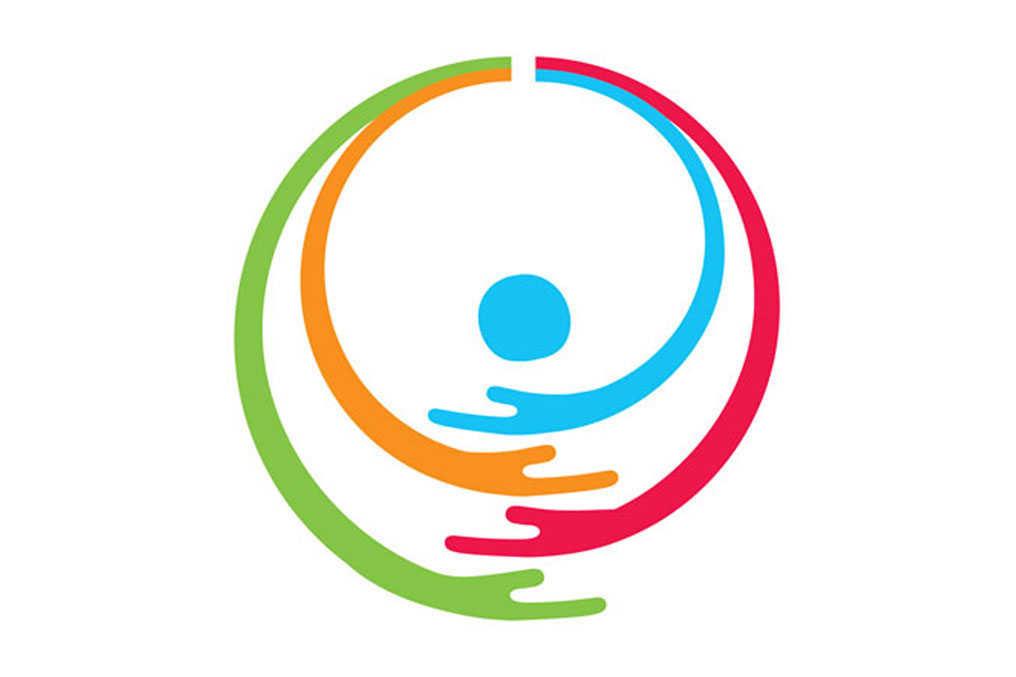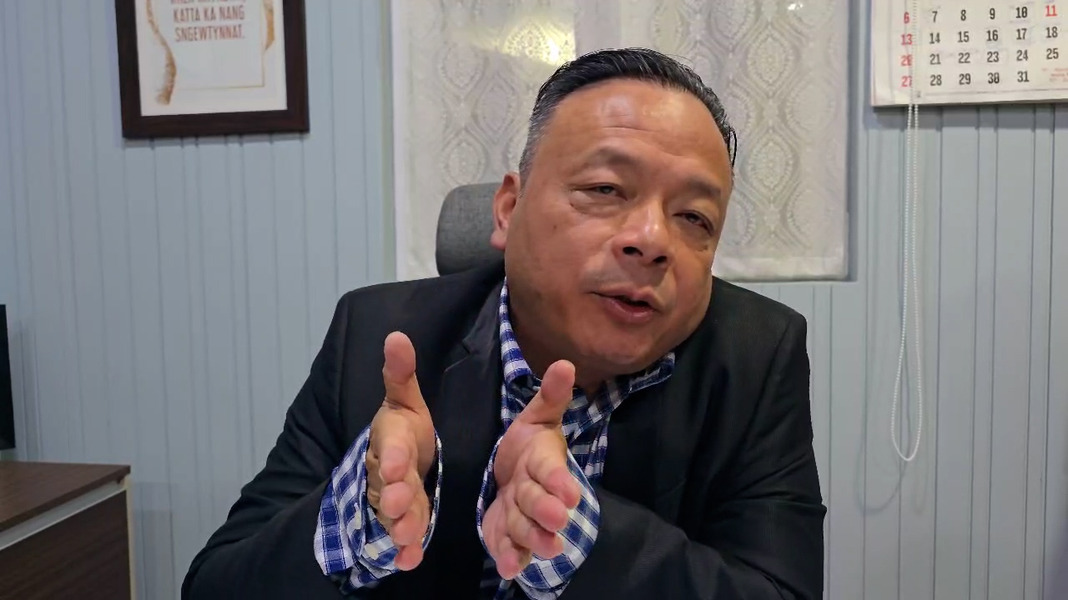By Dipak Kurmi
The International Day of Persons with Disabilities (IDPD), observed annually on December 3rd, stands as a global platform to celebrate the achievements and contributions of persons with disabilities while emphasizing the importance of their inclusion in every facet of society. This year’s theme, “Amplifying the Leadership of Persons with Disabilities for an Inclusive and Sustainable Future,” highlights a pressing issue: the lack of leadership opportunities for persons with disabilities, particularly in the health sector. This theme not only reflects the need for equity and representation but also serves as a call to action for governments, organizations, and communities worldwide.
A Global Reality: Persons with Disabilities in Leadership
Persons with disabilities comprise 16% of the global population—over one billion individuals. Despite their significant presence, they remain grossly underrepresented in leadership roles, especially in critical sectors such as health. Leadership in health is particularly crucial, as it directly impacts the well-being and quality of life of individuals. Yet, many persons with disabilities face systemic barriers, including discrimination, stigma, and exclusion from education and employment opportunities, which hinder their access to these positions.
This underrepresentation has far-reaching consequences. Without adequate representation in decision-making roles, the unique challenges faced by persons with disabilities are often overlooked, leading to policies and systems that fail to address their needs. This perpetuates a cycle of exclusion, further marginalizing an already vulnerable group.
The Role of Leadership in Achieving Health Equity
Leadership by persons with disabilities is not merely about representation; it is integral to advancing global health equity and building a more inclusive society. Persons with disabilities bring invaluable perspectives shaped by lived experiences. Their insights are crucial for identifying barriers, designing accessible health systems, and ensuring that services are inclusive and equitable.
Health equity is a fundamental human right. Every individual, regardless of their abilities, deserves the opportunity to achieve their highest standard of health. Unfortunately, persons with disabilities often face disproportionate challenges in accessing healthcare. Physical inaccessibility, lack of appropriate accommodations, financial constraints, and societal stigma create significant obstacles. Moreover, the exclusion of persons with disabilities from decision-making processes further exacerbates these disparities.
Inclusive leadership addresses these inequities by integrating the voices of persons with disabilities into the design and implementation of health systems. By ensuring their participation in shaping policies, services, and community activities, societies can create environments where health services are not only accessible but also responsive to diverse needs.
WHO’s Commitment to Disability Leadership
The World Health Organization (WHO) has long championed the cause of health equity for persons with disabilities. This year, WHO has taken a significant step toward amplifying their leadership by introducing a new health system strategic planning tool. This tool is designed to support governments and health sector partners in fostering the meaningful engagement of persons with disabilities, in alignment with human rights-based approaches.
By providing a structured framework for inclusion, WHO’s tool helps dismantle the systemic barriers that have historically excluded persons with disabilities from leadership roles. It aims to create health systems where their voices are heard, their experiences are valued, and their contributions are prioritized. This initiative not only advances health equity but also lays the foundation for a more inclusive and sustainable future.
Barriers to Leadership and the Path Forward
The challenges faced by persons with disabilities in accessing leadership roles are multifaceted. Discrimination and stigma remain pervasive, limiting opportunities for education, employment, and career advancement. Inaccessible infrastructure and environments further restrict their participation, while societal attitudes often undermine their confidence and aspirations.
Addressing these barriers requires a comprehensive approach. Education systems must be inclusive, providing persons with disabilities with the tools and support they need to excel. Employers must foster equitable workplaces, offering accommodations and creating cultures of inclusion. Governments and organizations must lead by example, ensuring that persons with disabilities are actively involved in decision-making processes at all levels.
WHO’s “Health Equity for Persons with Disabilities: Guide for Action” serves as a valuable resource for countries seeking to address these challenges. By implementing the guide, governments can take tangible steps toward meeting the unmet needs of persons with disabilities, ensuring that health systems are inclusive and equitable.
The Broader Impact of Inclusive Leadership
The inclusion of persons with disabilities in leadership roles extends beyond health equity. It is a testament to the values of diversity, empathy, and social justice. Inclusive leadership enriches decision-making processes by incorporating a broader range of perspectives and experiences. It fosters innovation, resilience, and a deeper understanding of societal needs.
Moreover, amplifying the leadership of persons with disabilities sends a powerful message: that every individual, regardless of their abilities, has the potential to contribute meaningfully to society. It challenges stereotypes, dismantles stigma, and creates a culture of empowerment and respect.
A Call to Action
The 2024 International Day of Persons with Disabilities is a timely reminder of the work that remains to be done. It is an invitation to governments, organizations, and individuals to commit to building a more inclusive and equitable world. Amplifying the leadership of persons with disabilities is not just a moral imperative; it is a practical necessity for achieving sustainable development and social progress.
As we commemorate this day, let us recognize the immense potential of persons with disabilities and the invaluable contributions they can make as leaders, innovators, and change-makers. By breaking down barriers, challenging prejudices, and fostering inclusive systems, we can create a future where everyone has the opportunity to thrive. In doing so, we not only honor the spirit of the IDPD but also take a significant step toward a world that truly values diversity and equity.
(the writer can be reached at dipakkurmiglpltd@gmail.com)




